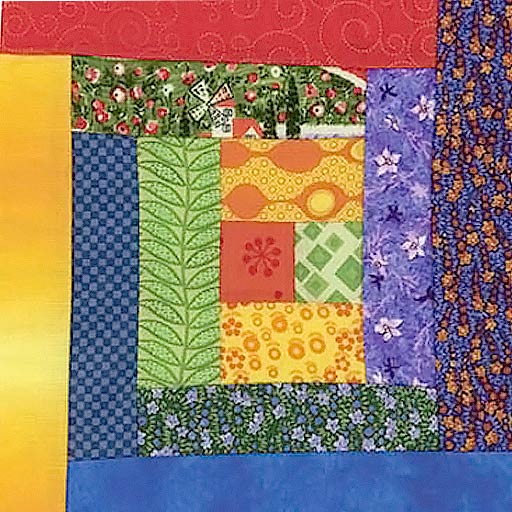“I am learning to offer to God my days and my nights, my joy, my work, my pain and my grief. …I am learning to use the time I have more wisely…And I am learning to forget at times my puritan conscience which prods me to work without ceasing, and instead, to take time for joy.”
Elizabeth Watson, 1979, PYM Faith and Practice 2002
Despite the often negative images of aging presented to us, older adults report a much higher degree of life satisfaction and self-esteem than younger persons. In fact, older adults have very high levels of self-acceptance and contentedness. They have encountered life’s vicissitudes, its surprises and disappointments, paradoxes and mysteries enough to know that they most likely will cope with whatever the future holds. And, that coping is best done with the support of others in their community, family and friends.
Recent research even suggests that older adults are better at resolving communal conflicts. They are good at seeing clearly both sides of a dispute and mediating conflict with insight, wisdom and compassion, an ancient knowing modern science now affirms.
The equanimity that comes with aging is associated with a continuity of spiritual and person values, lifestyle choices and the valuing of interpersonal relationships. If spiritual development implies a journey, then continuity of values, or as Friends might say, our continued witness to the testimonies, is what makes the path we tread.
According to Robert C. Atchley in his book, “Spirituality&Aging” continuity represents “a character evolving over a lifetime of action and learning… struggle and joy and heartbreak.” It helps us form a solid base from which to cope with the changes and challenges of aging.
While continuity of values usually coexists with some discontinuity, for most aging adults it is the factor which provides an enduring and sustaining sense of purpose and direction to their lives. And, continuity does not just happen by chance, it is an intentional choice made by people “to achieve their goals and adapt to changing circumstances,” according to Atchley.
Continuity as an adaptation strategy is especially useful for aging adults. For Friends, the spiritual context of our lives is foundational to our understanding of what it means to be alive. If we neglect the spiritual as we face our aging, frailty, dying and eventual death, we stand to lose a most precious resource.
Q: How do I approach with serenity each new stage of my life?
Q: How might I attend to what love requires of me in this new stage of my life?
Friends Care Committees can offer aging Meeting members the opportunity to discern how best to plan their lives with continuity by providing clearness on many of the issues that face older adults. These may include:
- Adjusting to retirement
- Living with physical challenges and diminishing health
- Coping with the behavioral changes associated with memory loss and dementia in oneself and others
- Dealing with grief and bereavement over the death of peers and loved ones
- Balancing the challenges of independent living and assisted living against personal care needs
- Envisioning the prospect of changing one’s residence
- Maintaining or repairing relationships with family and caregivers
- Facing decisions about end-of-life care, death and dying.
A strong sense of continuity, in values and relationships can empower people to find greater fulfillment and contentment in their later years. If Friends can stay vitally connected to those experiences which give their lives meaning and purpose with hope and creativity, their inner lives will continue to blossom, bringing untold benefits to themselves and their meeting community.
“I expect to pass through this world but once; any good thing therefore that I can do, or any kindness that I can show to any fellow creature, let me do it now; let me not defer or neglect it, for I shall not pass this way again.”
Attributed to Stephen Grellet, c.1800, PYM Faith and Practice, 2002
Download this article in pamphlet form
LINKS TO MORE INFORMATION: Click on the blue text below to be directed to outside websites that offer additional information on this topic. Articles from this site will open in the same browser window/tab. Articles from other websites will open in a new window; when you are done, simply click out of that window and you will be back on this site.
Other articles/links:
Respecting Elders/Becoming Elders, YES! Magazine
ContemplAgeing, a spirituality and aging website
Grandmothers for Peace International
Green Grannies

